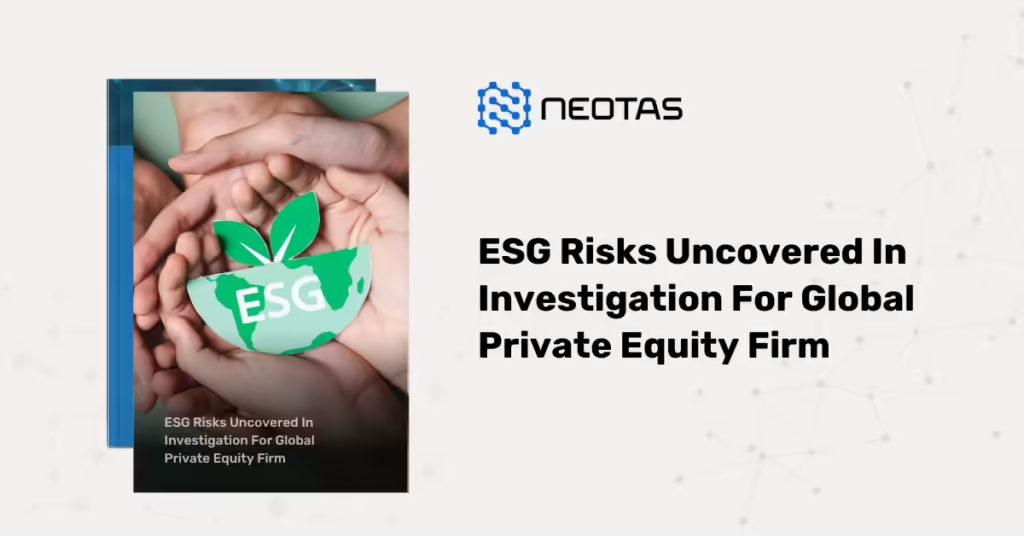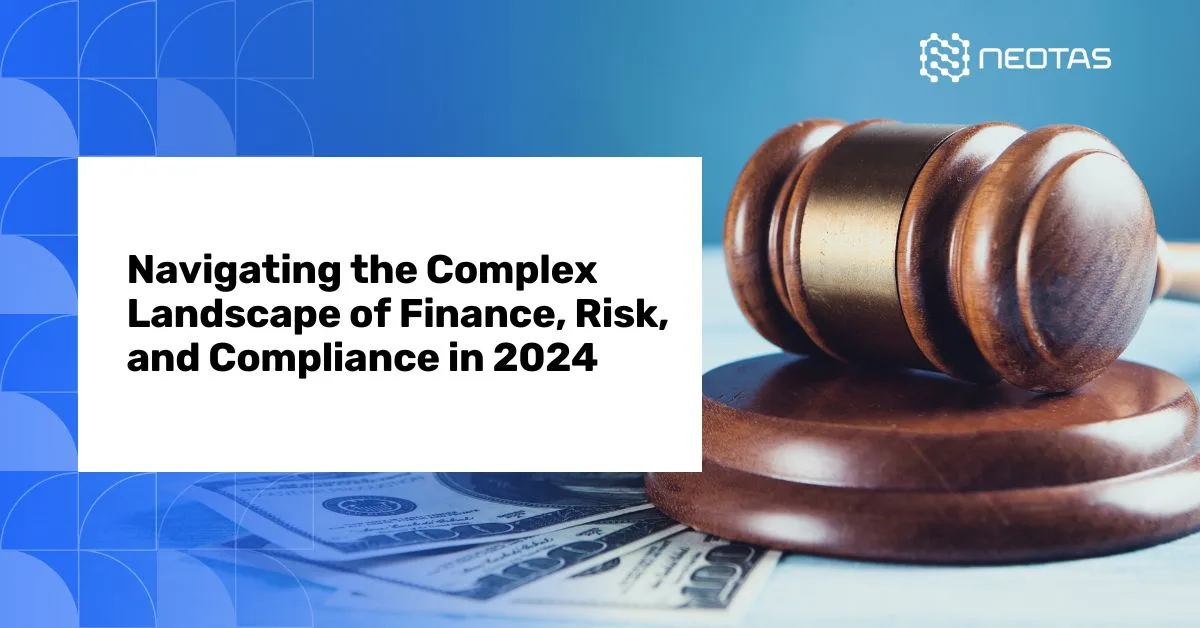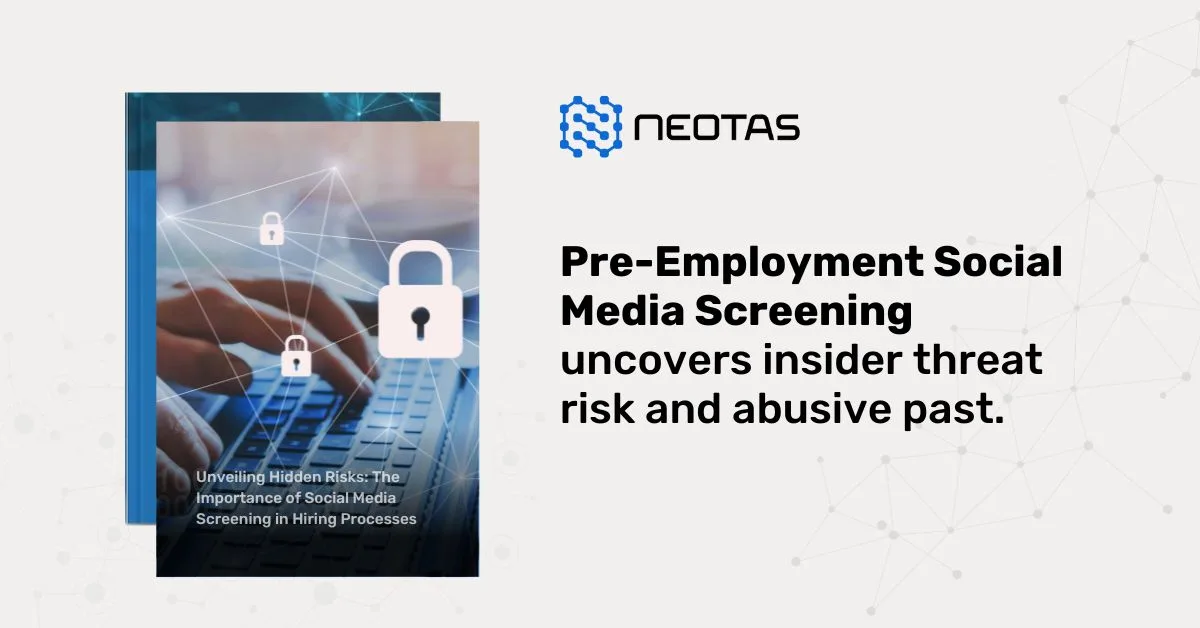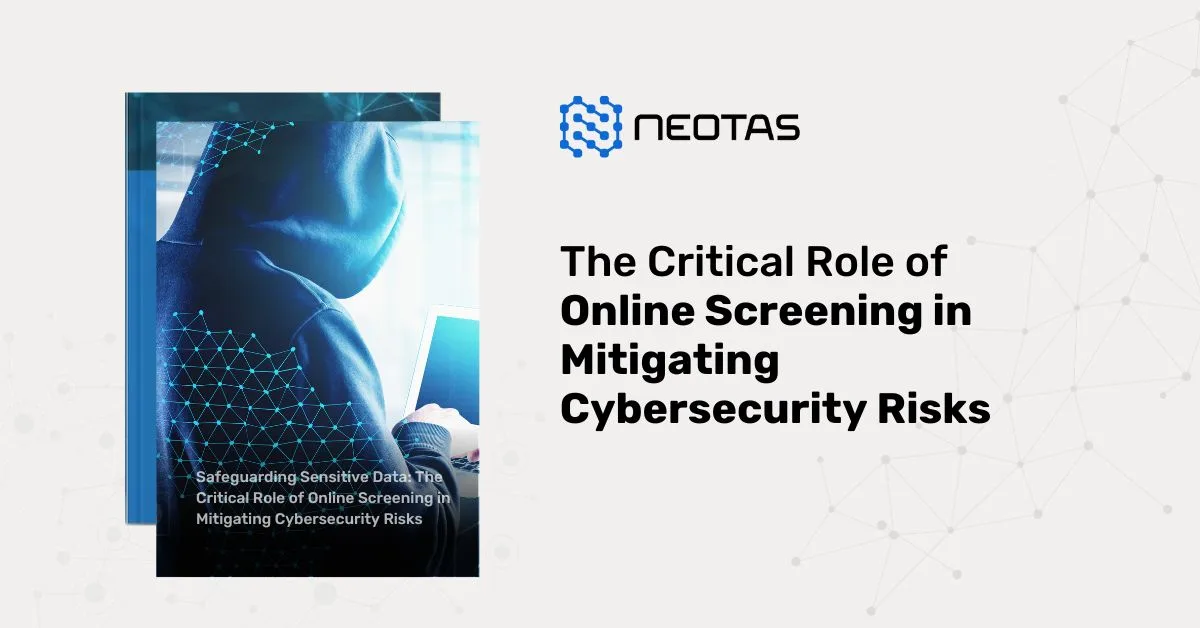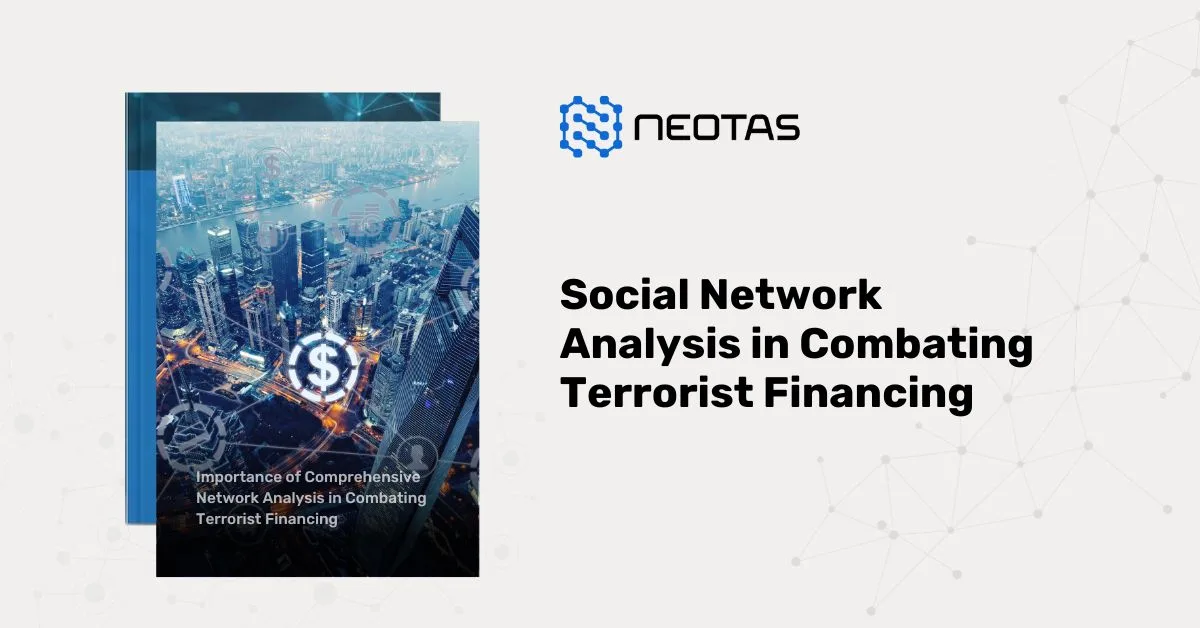Uncovering Major Environmental, Social, and Financial Risks: A Closer Look at an Investigation
Investigation into a company and its supply chain revealed major environmental, social and financial risks.
- Damning results included anti-bribery and corruption allegations
- Multiple sources confirmed major ESG violations within the supply chain
Environmental, Social, and Financial Risks Investigation
ESG risks refer to the potential negative impacts and vulnerabilities that companies and organizations face in relation to Environmental, Social, and Governance factors. These risks have gained significant importance in today’s business landscape as stakeholders increasingly demand transparency and responsible business practices. Let’s delve deeper into each aspect of ESG risks:
- Environmental Risks: Environmental risks encompass the challenges posed by a company’s impact on the environment. These risks may arise from issues such as greenhouse gas emissions, water and air pollution, deforestation, climate change, and resource depletion. Failure to address these risks can lead to regulatory penalties, reputational damage, and potential legal liabilities.
- Social Risks: Social risks are related to a company’s interactions with society, employees, customers, and communities. These risks include labor rights violations, unsafe working conditions, human rights abuses, product safety issues, and community conflicts. Companies that neglect social risks face reputational damage, consumer backlash, and difficulties attracting and retaining talent.
- Governance Risks: Governance risks pertain to the quality of a company’s leadership, decision-making processes, and overall governance structure. These risks may arise from weak board oversight, lack of diversity in leadership, executive compensation concerns, accounting irregularities, and inadequate risk management. Poor governance can lead to shareholder activism, loss of investor confidence, and potential legal actions.
- Integration of ESG Risks: Integrating ESG risks means considering them as material factors in business decision-making, risk assessments, and strategy development. Companies that effectively integrate ESG risks are better equipped to identify opportunities for sustainable growth and resilience.
- Financial Materiality of ESG Risks: ESG risks can have financial materiality, meaning they can impact a company’s financial performance and value. Investors and stakeholders increasingly evaluate a company’s exposure to ESG risks to assess long-term financial viability.
- Regulatory and Reporting Requirements: Many jurisdictions have introduced mandatory ESG reporting requirements or guidelines. Non-compliance with these regulations can result in financial penalties and reputational harm.
- Reputational Risks: Failing to address ESG risks can lead to significant reputational damage, negatively affecting the company’s brand image and market perception.
- Supply Chain Risks: ESG risks extend beyond a company’s operations to its supply chain. Companies are responsible for ensuring that their suppliers and business partners also adhere to sustainable and ethical practices.
- Investor and Stakeholder Expectations: Investors and stakeholders increasingly expect companies to demonstrate their commitment to ESG factors. Failure to meet these expectations can result in loss of investor confidence and market share.
- Sustainability and Competitive Advantage: Addressing ESG risks proactively can provide a competitive advantage by attracting socially conscious consumers, investors, and business partners.
By understanding and actively managing ESG risks, companies can enhance their resilience, reputation, and long-term value, while contributing positively to society and the environment.
FAQs on ESG Risks
What is the purpose of the investigation into environmental, social, and financial risks?
The investigation aims to assess the company’s impact on the environment, society, and financial health, uncovering potential risks and violations that may exist within its operations and supply chain.
What are some examples of environmental risks uncovered during the investigation?
Examples of environmental risks may include pollution, improper waste disposal, resource depletion, and non-compliance with environmental regulations.
What social risks might the investigation reveal?
The investigation may uncover social risks related to labor rights violations, unsafe working conditions, community grievances, and inadequate engagement with stakeholders.
How can financial risks be associated with ESG violations?
ESG violations can lead to financial risks such as regulatory fines, legal liabilities, increased operational costs, supply chain disruptions, and decreased investor confidence.
What are the anti-bribery and corruption allegations found during the investigation?
The investigation revealed allegations of unethical practices, bribery, and corruption within the company’s operations, raising concerns about its business ethics.
Did the investigation confirm the presence of ESG violations in the company’s supply chain?
Yes, the investigation confirmed major ESG violations within the company’s supply chain, indicating potential risks to the environment and society associated with its sourcing practices.
What actions should the company take in response to the investigation’s findings?
The company should promptly address identified risks and violations through corrective actions, implementing robust compliance measures, and adopting sustainable practices.
What are the potential consequences of not addressing the identified risks?
Failure to address the risks can lead to reputational damage, financial losses, legal consequences, and stakeholder disengagement, impacting the company’s long-term sustainability.
How can companies prevent such risks in the future?
Companies can prevent risks by proactively implementing ESG management systems, conducting regular audits, engaging in transparent reporting, and promoting a culture of responsibility.
What is the significance of conducting ESG assessments in today’s business landscape?
Conducting ESG assessments is crucial in today’s business landscape as it helps companies demonstrate their commitment to sustainability, ethical practices, and social responsibility, fostering trust among stakeholders and driving long-term success.

